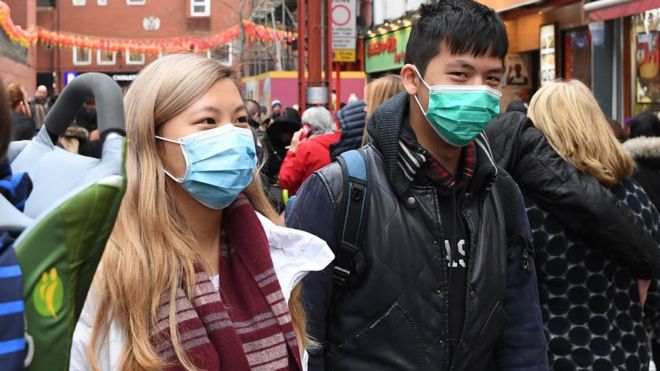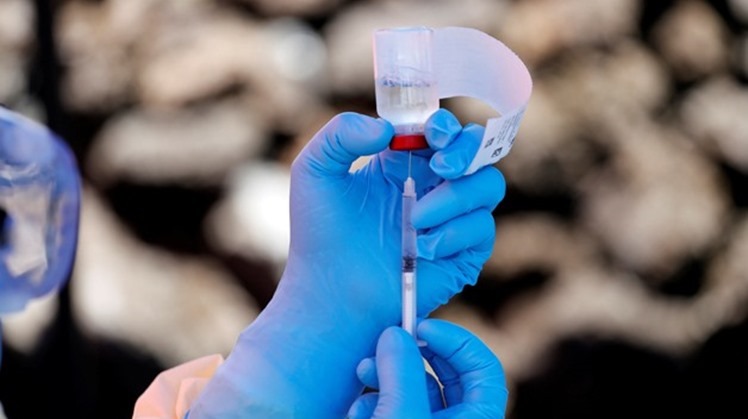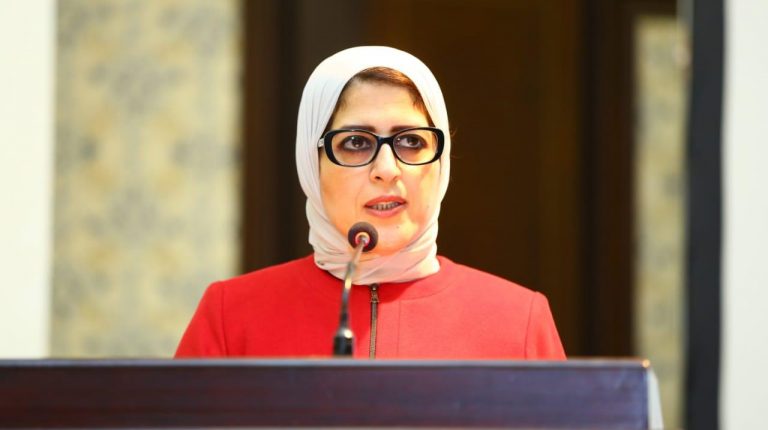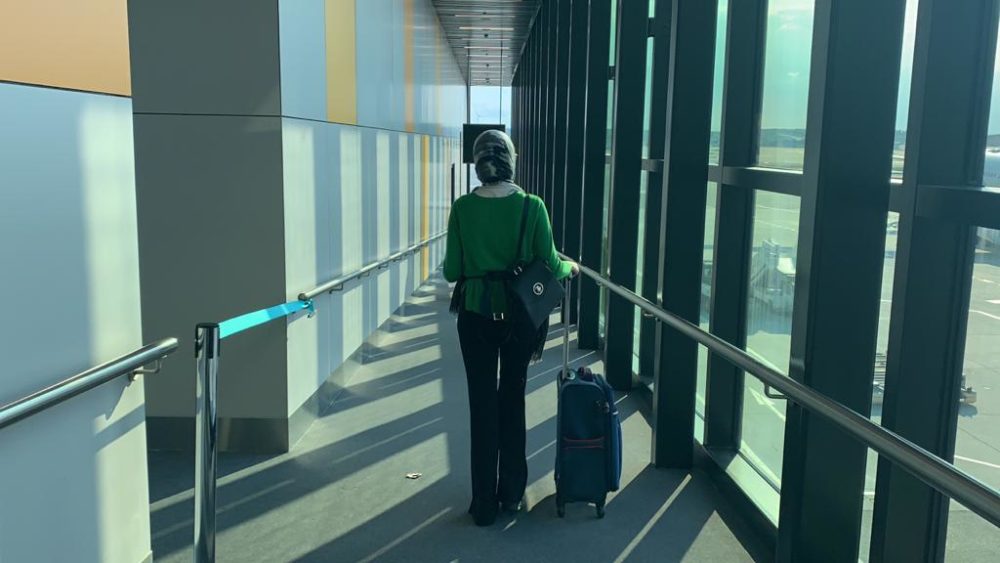The World Health Organization (WHO) received an alert of several cases of pneumonia in Wuhan City, Hubei Province in China on the 31st of December 2019. The virus that caused them didn’t match any other virus known to mankind.
On the 7th of January 2020, however, Chinese authorities confirmed the identification of a new virus — the coronavirus. According to the WHO, coronavirus is a relative of another rather popular virus that was born in China, severe acute respiratory syndrome (SARS). The virus has spread to over 2,000 people in China, France, Japan, Taiwan, Nepal, Vietnam, Singapore, Australia, Thailand and the US, according to the BBC. And it killed 56 of them according to the New York Times. In addition and most alarmingly – according to Chinese officials – the virus spreads before the symptoms show.

Photo Credits: BBC – ‘China coronavirus: UK tests come back negative’
Unsurprisingly, the coronavirus is taking over news with death toll updates, health warnings, preventive tips and worry spreading around the globe. Based on all the available information on the matter, here are the things you need to know about the situation in general, in Egypt, and especially if you’re travelling on the job.
The Symptoms of the Virus
According to the WHO’s website, the following are the coronavirus’ common symptoms:
- Respiratory symptoms
- Fever
- Cough
- Shortness of breath
- Breathing difficulties
Infection can cause pneumonia, severe acute respiratory syndrome, kidney failure and even death in more severe cases.

Photo Credits: Egypt Forward – ‘Egypt To Launch 2nd Phase Of Infection Control Initiative In January’
The Coronavirus Situation in Egypt
Dr. Alaa Eid, head of the preventive medicine division at Egypt’s ministry of health and population, has spoken to various media outlets to detail what the government is doing to deal with the coronavirus situation. He also provided tips on how to prevent infection or infect others. Eid stated to Al Youm Al Sabea on Saturday, January 25th that Egyptians travelling to countries where the virus has spread have been advised not to do so unless it’s an absolute necessity. He further stated to the aforementioned publication that the necessary measures to combat, raise awareness and detect the virus at medical facilities have been taken.
Eid has also confirmed that the coronavirus hasn’t been detected yet in Egypt on a phone call with TV Presenter Azza Mostafa on Sada El Balad’s ‘Salet Al Tahrir’. During the phone call, he asserted that health screenings are conducted on people coming in through all of Egypt’s entry points, while people coming in from China undergo checkups in a quarantine and transferred to the Fevers Hospital.

Minister of Health and Population Hala Zayed. Photo Credits: Daily News Egypt – ‘Family Planning Methods Strategic Stock Is Sufficient for One Year, Ministry of Health’
Tips on How to Dodge the Virus
Just like every other virus, there are things one can do to minimize the possibility of being infected. The WHO recommends a few tips to prevent multiple illnesses:
- Wash your hands frequently. Using water only is not enough, make sure to rub your hands with soap or alcohol-based hand rub.
- When going for a sneeze, make sure to cover your mouth and nose with a tissue.
- Avoid touching your mouth and nose in general.
- In crowded places, avoid touching any surfaces.
- And of course, if you’re feeling unwell, seek medical care immediately.
- If you travel a lot, avoid doing so if you feel unwell.
- If you do travel and started feeling sick, seek medical help immediately and share your travel history with your doctor.
- If you decide to wear a face mask, do not touch it after wearing it.
Speaking of face masks, there are several opinions about how effective it could be. In an article on BBC, they quoted Dr David Carrington, of St George’s, University of London, who said, “routine surgical masks for the public are not an effective protection against viruses or bacteria carried in the air.” However, another article on The Guardian showed a study that contradicted the latter, “scientists from Edinburgh’s Institute for Occupational Medicine tested nine different masks bought from Beijing shops. Generally, the filter in each mask worked well, the best stopped over 99% of the particle pollution and the worst stopped 70% to 80%.”



























